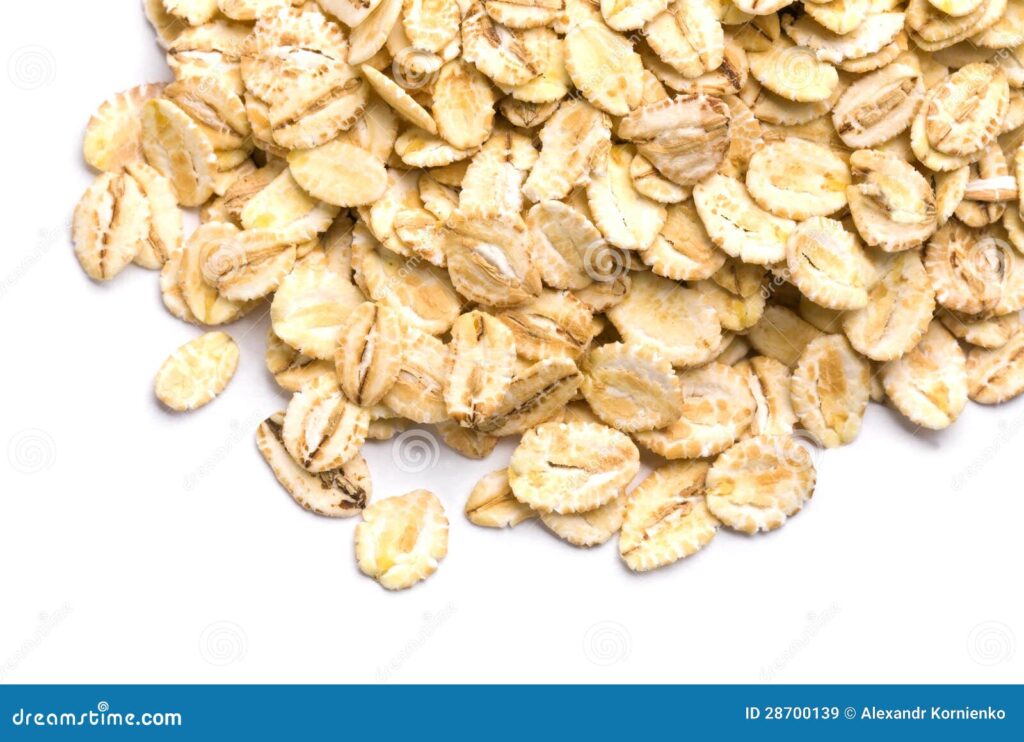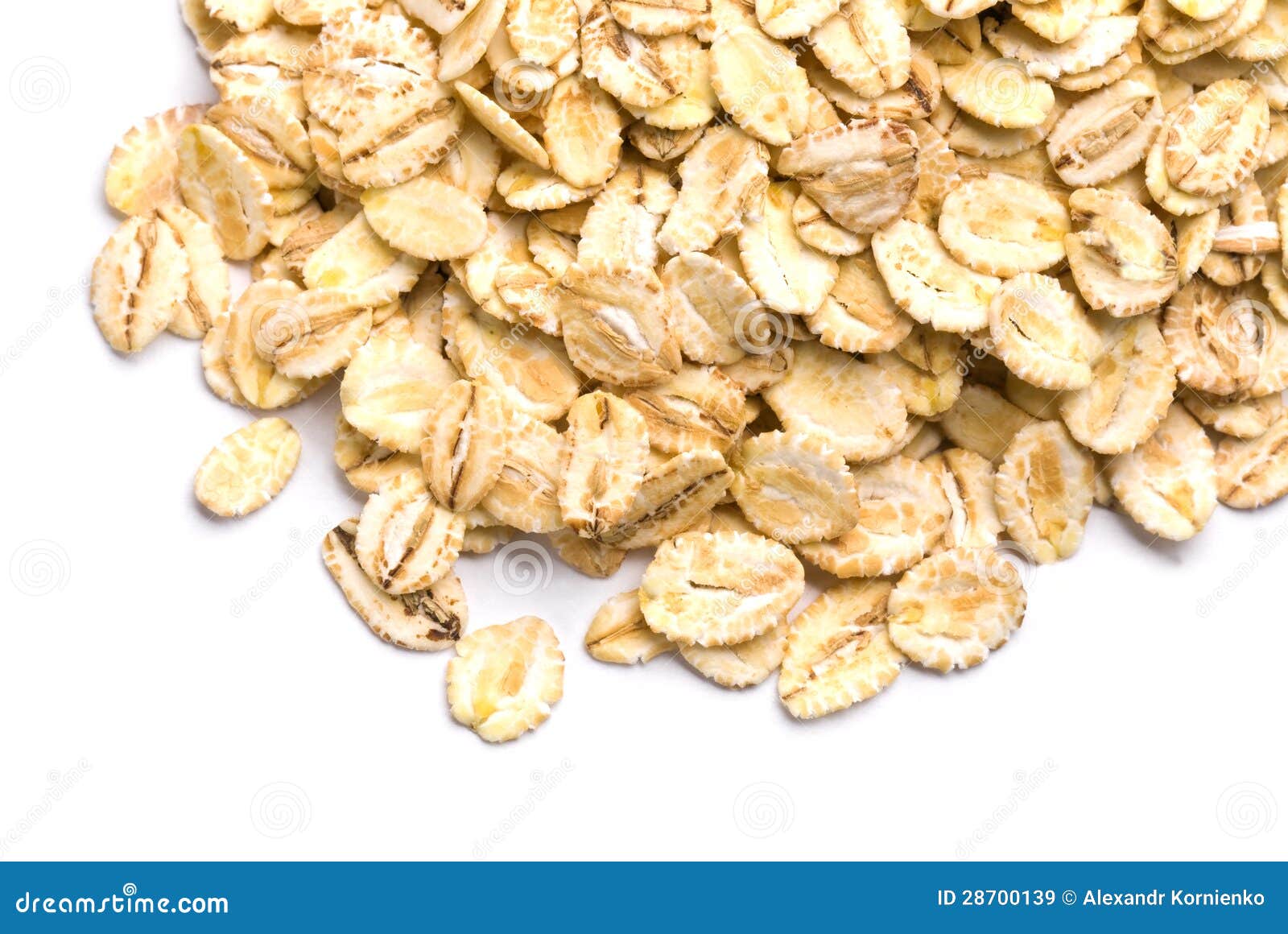
Unlocking the Nutritional Powerhouse: A Deep Dive into Flake Oats
In the realm of nutritious and versatile grains, flake oats stand out as a breakfast staple and a culinary chameleon. From hearty morning meals to delectable baked goods, flake oats offer a wealth of health benefits and culinary possibilities. This article delves into the world of flake oats, exploring their nutritional profile, health advantages, various uses, and everything you need to know about incorporating them into your daily diet.
What are Flake Oats? Understanding the Basics
Flake oats, also known as rolled oats, are a type of oat groat that has been steamed and then rolled into flat flakes. This process stabilizes the healthy oils in the oats, helping them stay fresh longer. The rolling process also shortens the cooking time, making flake oats a convenient option for busy individuals.
There are different types of flake oats, primarily distinguished by their thickness and processing level. These include:
- Old-fashioned oats (rolled oats): These are the most common type of flake oats. They are relatively thick and take about 5-10 minutes to cook.
- Quick-cooking oats: These are rolled thinner than old-fashioned oats and are cut into smaller pieces. This allows them to cook faster, usually in about 1-3 minutes.
- Instant oats: These are the most processed type of flake oats. They are pre-cooked, dried, and then rolled very thin. They cook almost instantly with the addition of hot water.
The best choice for you depends on your personal preferences and cooking needs. Old-fashioned oats offer a chewier texture and retain more of their nutritional value due to less processing. Quick-cooking and instant oats are convenient options when time is limited.
The Nutritional Profile of Flake Oats: A Treasure Trove of Goodness
Flake oats are packed with essential nutrients, making them a valuable addition to a healthy diet. They are a good source of:
- Fiber: Flake oats are rich in soluble fiber, particularly beta-glucan, which has numerous health benefits.
- Protein: Flake oats provide a decent amount of plant-based protein, contributing to satiety and muscle building.
- Vitamins: Flake oats contain various vitamins, including B vitamins like thiamin, riboflavin, and niacin, which are essential for energy metabolism.
- Minerals: Flake oats are a good source of minerals like iron, magnesium, phosphorus, and zinc, which play vital roles in various bodily functions.
- Antioxidants: Flake oats contain antioxidants like avenanthramides, which have anti-inflammatory and anti-itching properties.
A serving of flake oats typically provides a significant portion of the recommended daily intake of these essential nutrients.
Health Benefits of Incorporating Flake Oats into Your Diet
The nutritional powerhouse of flake oats translates into a wide range of health benefits, supported by scientific research. Some key benefits include:
Lowering Cholesterol Levels
The soluble fiber, beta-glucan, in flake oats is known for its cholesterol-lowering effects. Beta-glucan binds to cholesterol in the digestive tract, preventing its absorption and promoting its excretion from the body. Studies have shown that regular consumption of flake oats can significantly reduce LDL (bad) cholesterol levels, reducing the risk of heart disease. [See also: Heart-Healthy Breakfast Recipes]
Improving Blood Sugar Control
Flake oats have a low glycemic index (GI), meaning they are digested slowly and do not cause rapid spikes in blood sugar levels. The soluble fiber in flake oats also helps to slow down glucose absorption, further contributing to blood sugar control. This makes flake oats a beneficial food for individuals with diabetes or those at risk of developing the condition.
Promoting Gut Health
The fiber in flake oats acts as a prebiotic, nourishing beneficial bacteria in the gut. A healthy gut microbiome is essential for optimal digestion, nutrient absorption, and immune function. Regular consumption of flake oats can contribute to a thriving gut microbiome, promoting overall health and well-being.
Aiding in Weight Management
Flake oats are a filling and satisfying food due to their high fiber and protein content. They can help to promote satiety, reduce appetite, and prevent overeating. Starting your day with a bowl of flake oats can help you feel full and energized, making it easier to maintain a healthy weight. [See also: High-Fiber Foods for Weight Loss]
Providing Antioxidant Protection
The avenanthramides in flake oats are powerful antioxidants that protect the body against damage from free radicals. Free radicals are unstable molecules that can contribute to inflammation and chronic diseases. Avenanthramides have been shown to have anti-inflammatory, anti-itching, and even anti-cancer properties.
Versatile Culinary Uses of Flake Oats
Beyond their nutritional benefits, flake oats are incredibly versatile in the kitchen. Here are some popular ways to incorporate them into your diet:
- Oatmeal: The classic and most common way to enjoy flake oats is as oatmeal. Simply cook them with water or milk, and add your favorite toppings like fruits, nuts, seeds, and spices.
- Granola: Flake oats are a key ingredient in homemade granola. Combine them with nuts, seeds, sweeteners, and spices, and bake until golden brown and crispy.
- Baked goods: Flake oats can be added to muffins, cookies, breads, and other baked goods for added texture, flavor, and nutritional value.
- Smoothies: Add a scoop of flake oats to your smoothies for a boost of fiber and protein.
- Meatloaf and burgers: Flake oats can be used as a binder in meatloaf and burgers, adding moisture and preventing them from drying out.
- Crumbles and toppings: Flake oats can be combined with butter, flour, and sugar to create a delicious crumble topping for fruit desserts.
Experiment with different recipes and find creative ways to incorporate flake oats into your meals and snacks.
Tips for Choosing and Storing Flake Oats
When purchasing flake oats, look for varieties that are whole grain and minimally processed. Check the expiration date to ensure freshness. Store flake oats in an airtight container in a cool, dry place. Properly stored flake oats can last for several months.
Potential Considerations and Allergies
While flake oats are generally safe for most people, some individuals may experience digestive issues due to their high fiber content. It is best to start with small portions and gradually increase your intake to allow your body to adjust. Additionally, while oats are naturally gluten-free, they can sometimes be contaminated with gluten during processing. Individuals with celiac disease or gluten sensitivity should choose certified gluten-free flake oats.
Conclusion: Embrace the Power of Flake Oats
Flake oats are a versatile and nutritious grain that offers a multitude of health benefits. From lowering cholesterol to improving blood sugar control and promoting gut health, flake oats are a valuable addition to a balanced diet. Whether you enjoy them as a warm bowl of oatmeal, a crunchy granola topping, or a wholesome ingredient in your favorite baked goods, flake oats are a delicious and convenient way to nourish your body and enhance your well-being. So, embrace the power of flake oats and unlock their potential for a healthier and happier you.

